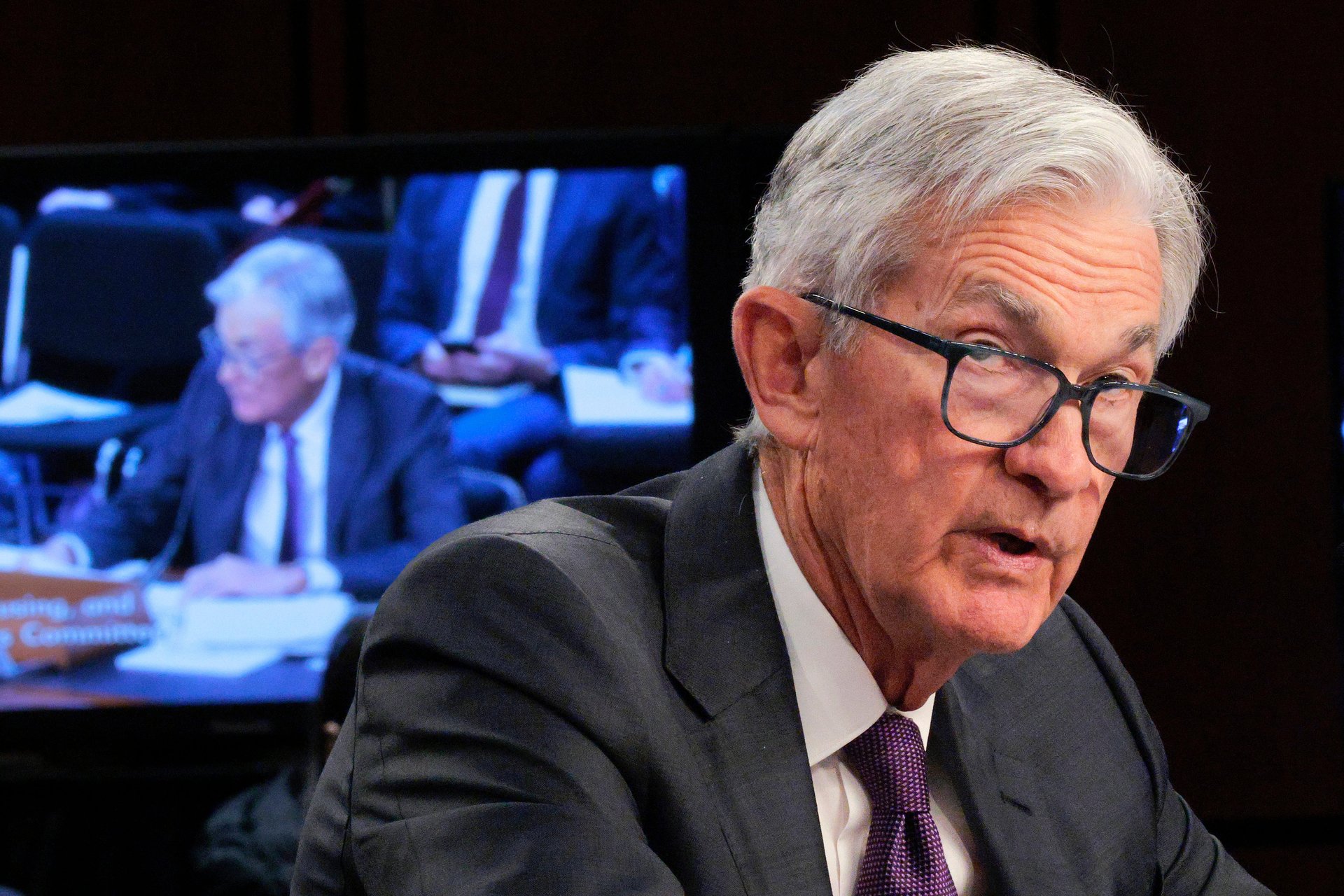Treasuries tumble as inflation surprise reduces odds of interest-rate cut
Jerome Powell hints to Congress that the Fed may have to react to tariff increases

U.S. government debt slid on Wednesday, sending yields higher across the range of maturities, after faster-than-expected inflation made investors less optimistic about the Federal Reserve cutting interest rates this year, especially given the unknown effects of President Donald Trump’s new import duties.
Suggested Reading
“This was the last ‘clean’ inflation report before tariffs, and so it was concerning for markets,” said Michael Reynolds, VP of Investment Strategy at Glenmede, which has $47 billion of assets under management. The producer price index report on Thursday may “rhyme” with the CPI numbers, possibly coming in hot after imports surged in December and January.
Related Content
Fed Governor Jerome Powell hinted in his remarks to Congress that the central bank may have to adjust rates in response to tariffs. Glenmede – in line with market consensus – still expects one interest-rate cut this year, but this could disappear, depending on the data.
“The cone of uncertainty is so wide,” Reynolds said, which makes it difficult for investors to price risks. The market may be underestimating Trump’s willingness to actually implement tariffs rather than just threaten to do so, he added. While the administration has given the broad-brush details of its trade plans, the details and implementation are still up for grabs.
Meanwhile, oil fell after Trump said he’d agreed with Russia’s Vladimir Putin to start talks over the war in Ukraine.
